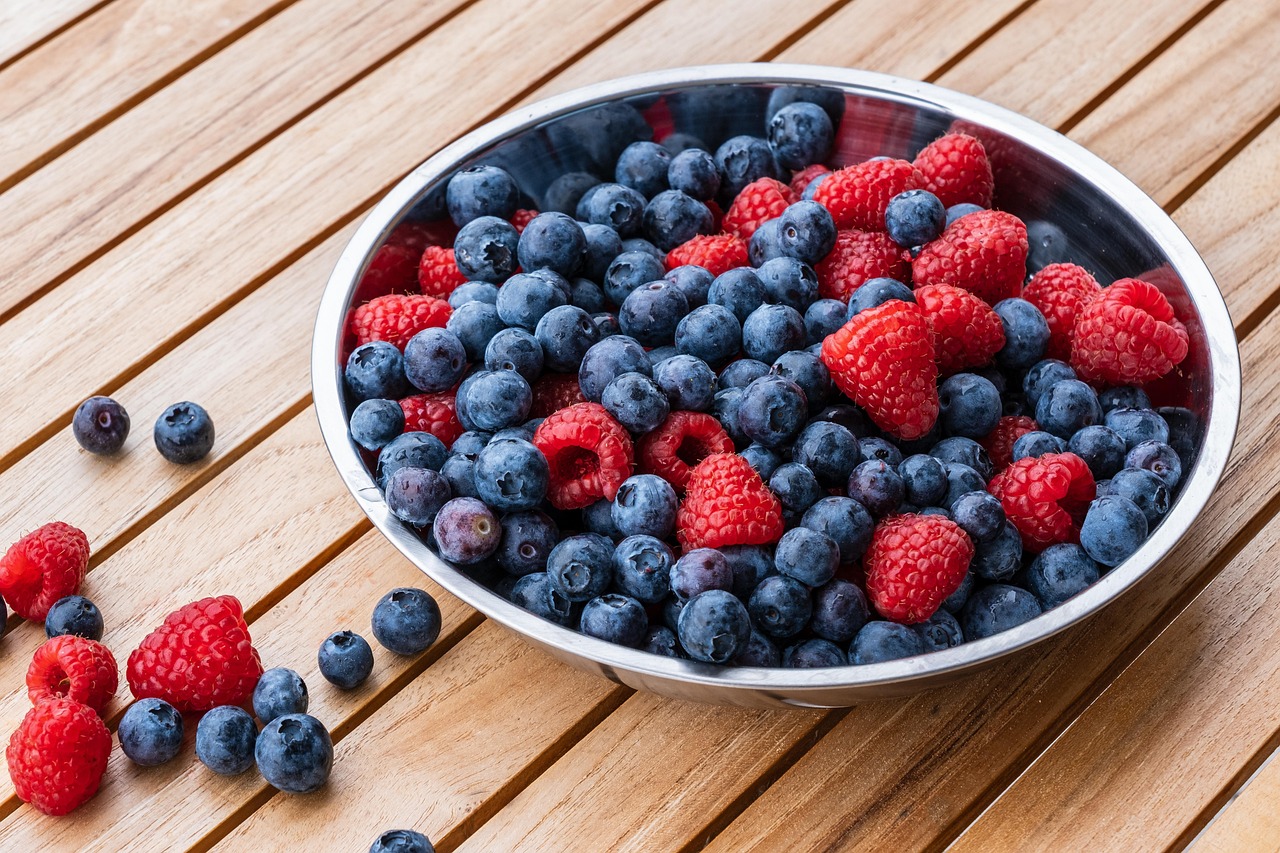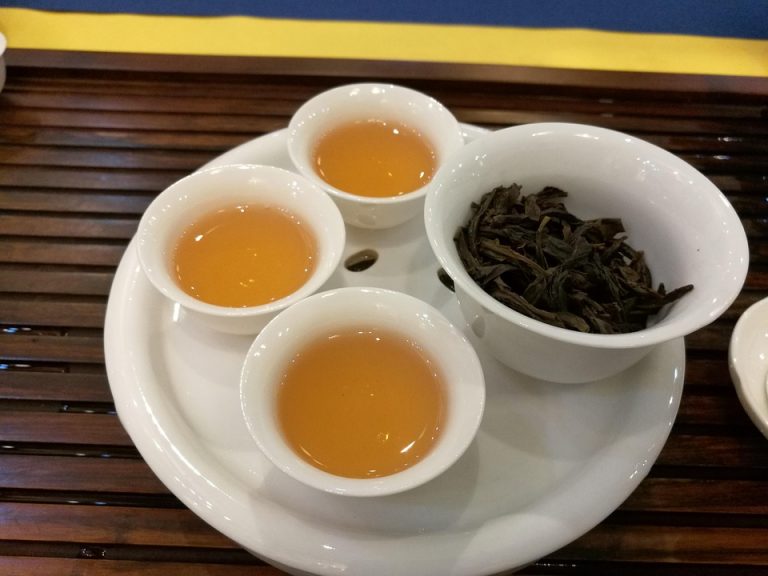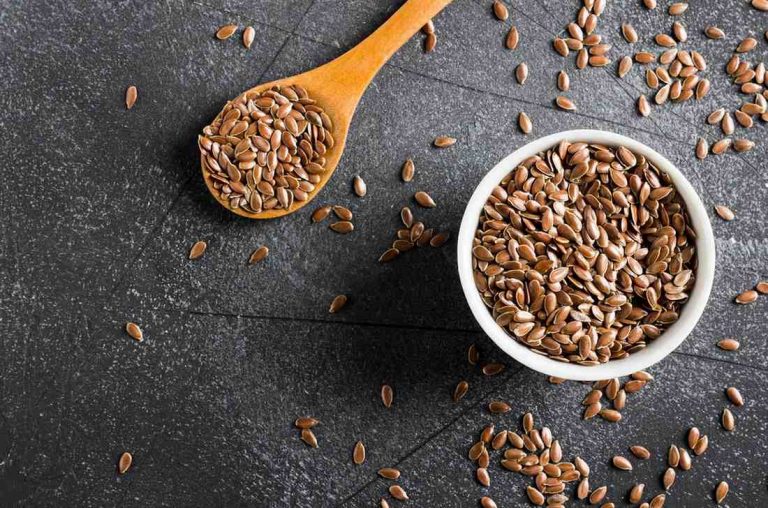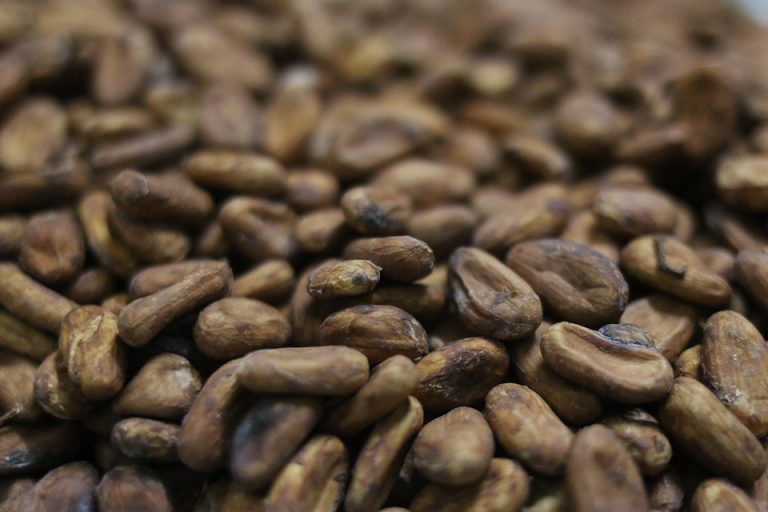Contents
5 Berries That Naturally Lower Blood Pressure Fast
Did you know that something as simple as a handful of berries could help lower your blood pressure? I stumbled upon this surprising fact while browsing through various health articles, and it got me thinking: how many of us are missing out on nature’s little wonders? Berries are not only delicious but also packed with nutrients that can have a significant impact on our health, particularly for those struggling with hypertension. So, let’s dive into five types of berries that can help you lower your blood pressure naturally and quickly.
1. Blueberries
Blueberries are often hailed as a superfood, and for good reason. These tiny blue gems are rich in antioxidants called anthocyanins, which are known for their ability to improve heart health. A study published in the American Journal of Clinical Nutrition found that consuming blueberries can lead to a significant reduction in blood pressure levels.
How They Work:
The anthocyanins in blueberries improve endothelial function, which is crucial for maintaining healthy blood circulation. This means that your blood vessels are better able to relax and expand, promoting lower blood pressure.
Pros:
- Easy to incorporate into your diet (think smoothies, oatmeal, or just snacking).
- Low in calories yet high in nutrients.
Cons:
- Fresh blueberries can be seasonal and sometimes pricey.
- Some people may have allergies to berries.
2. Strawberries
Strawberries are not just a summer treat; they also pack a punch when it comes to health benefits. Rich in vitamin C and fiber, strawberries also contain flavonoids that can help lower blood pressure. A study conducted by researchers at the Harvard T.H. Chan School of Public Health found that regular consumption of strawberries can reduce the risk of hypertension by up to 8%.
How They Work:
The flavonoids in strawberries help improve blood vessel function and reduce inflammation, leading to better blood flow and lower blood pressure.
Pros:
- Versatile in recipes: salads, desserts, or even as a topping for yogurt.
- Naturally sweet, making them a great alternative to sugary snacks.
Cons:
- Strawberries have a high pesticide residue, so it’s best to opt for organic if possible.
- Some people may find them too sweet or may not enjoy the taste.
3. Raspberries
Raspberries are another berry that deserves a spot in your diet if you’re looking to manage your blood pressure. They are rich in fiber, vitamins, and antioxidants. A study published in the Journal of Nutrition found that individuals who consumed a diet high in berries, including raspberries, experienced lower blood pressure levels.
How They Work:
Raspberries contain a specific type of antioxidant called ellagic acid, which has been shown to improve blood vessel function and reduce blood pressure.
Pros:
- High in fiber, which is great for digestion and can help you feel full.
- Can be enjoyed fresh, frozen, or even dried.
Cons:
- They can be a bit tart, which might not appeal to everyone.
- Like strawberries, they can also carry pesticide residues.
4. Blackberries
Blackberries are not only tasty but also packed with nutrients that can help your heart. These dark-hued berries are rich in vitamins C and K, fiber, and antioxidants. Research indicates that blackberries can help lower blood pressure and improve overall heart health.
How They Work:
The high levels of anthocyanins in blackberries help relax blood vessels, which can lead to a decrease in blood pressure.
Pros:
- They have a unique flavor that can add depth to both sweet and savory dishes.
- They’re low in calories and high in nutrients.
Cons:
- Fresh blackberries can be hard to find in some areas.
- Their seeds may be difficult for some people to digest.
5. Acai Berries
Acai berries are often lauded for their health benefits, particularly in the realm of heart health. While they may not be as commonly found in local grocery stores, acai berries are rich in antioxidants and have been linked to reduced blood pressure. A study published in the Journal of Agricultural and Food Chemistry highlighted the potential of acai berries to improve cardiovascular health.
How They Work:
The antioxidants in acai berries help combat oxidative stress, which is known to negatively affect blood vessels and contribute to high blood pressure.
Pros:
- Often available in smoothie bowls or as a powder, making them easy to incorporate into your diet.
- They have a unique taste that many enjoy.
Cons:
- They can be expensive and may not be as readily available as other berries.
- Some acai products are mixed with added sugars, so check labels carefully.
FAQs
1. How many berries should I eat to see a difference in my blood pressure?
While there’s no one-size-fits-all answer, incorporating a handful of berries into your daily diet can be beneficial. Aim for at least one serving (about 1 cup) of mixed berries each day.
2. Can I consume these berries in juice form?
While berry juices can still provide some benefits, they often lack the fiber found in whole berries. For the best results, opt for whole berries when possible.
3. Are there any side effects of eating too many berries?
Generally, berries are safe to eat in moderation. However, excessive consumption can lead to digestive issues like bloating or gas due to their high fiber content.
4. Can I combine these berries with other foods?
Absolutely! Berries can be added to smoothies, salads, or yogurt, making them a versatile addition to your meals.
Conclusion
Incorporating berries into your diet is a delicious and effective way to help manage blood pressure. Whether you’re blending them into a smoothie or enjoying them fresh, these nutrient-packed fruits can have a significant impact on your heart health.
But let’s be real: eating berries alone won’t solve all your blood pressure issues. A well-rounded diet, regular exercise, and lifestyle changes are crucial for long-term health. So, why not start today? Grab some fresh blueberries, strawberries, or whatever berries you enjoy, and give your heart the love it deserves.
This article is for educational purposes only and is not a substitute for professional medical advice. Always consult a qualified healthcare provider before making changes to your health routine.
References
-
Basu, A., Rhone, M., & Lyons, T. J. (2010). Berries: Emerging impact on cardiovascular health. American Journal of Clinical Nutrition. Retrieved from https://academic.oup.com/ajcn/article/91/5/1053S/45921
-
Liu, Y., & Liu, J. (2013). Dietary flavonoids and hypertension: A review. Journal of Nutrition. Retrieved from https://academic.oup.com/jn/article/143/9/1459S/45896
-
Sweeney, M. I., & O’Connor, J. (2013). The role of berries in cardiovascular health. Journal of Agricultural and Food Chemistry. Retrieved from https://pubs.acs.org/doi/10.1021/jf304645c
Get Your FREE Natural Health Guide!
Subscribe now and receive our exclusive ebook packed with natural health tips, practical wellness advice, and easy lifestyle changes, delivered straight to your inbox.




